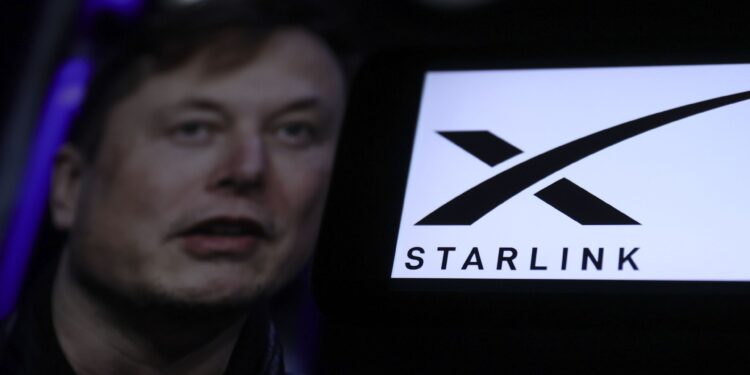The Washington Post has revealed that the administration of President Donald Trump is using its commercial tools to pressure a number of African countries to grant licenses to “Starlink”, owned by billionaire Eileon Musk, to expand its services on the continent via the space Internet.
Customs pressure from Washington
According to diplomatic documents seen by the newspaper, the Trump administration imposed customs duties on exports from African countries with the aim of pushing them to agree to enter the services of Starlink.
One of the most prominent of these cases was with the Kingdom of Lesoto, where the government rushed there to grant a 10 -year license to the company after an American announcement of the imposition of customs duties by 50% on some of its imports.
Analysts say this pressure reflects a direct use of economic tools to serve the interests of specific companies, amid questions about the transparency of these moves.
Network of influence on the African continent
Besides Lesoto, the documents indicated that other African countries such as Somalia and the Democratic Republic of the Congo have received diplomatic messages that include “strong” encouragement to accelerate the Starlink license, as part of a broader strategy from Washington to compete with Chinese and Russian technological influence on the continent.
The documents stated that the US State Department, led by Marco Rubio, issued instructions to US embassies in Africa to make the facilitation of American companies to provide internet services diplomatic priority.
Elon Musk in the heart of the game
Elon Musk, who is a prominent ally of President Trump and a supply of his election campaign, is in a position that raises many questions about conflict of interests, especially in light of his direct benefit from government decisions and policies.
Some reports indicate that Musk provides consultations for current management in technology and space issues, along with his job responsible for the government efficiency apparatus, which adds a political dimension to Starlink’s movements abroad.
Africa between need and pressure
Specialists confirm that space internet services may play an important role in bridging the digital gap in a number of countries in the continent that suffer from weak infrastructure. But they warn that these services are conditional on unequal agreements, serving American political interests at the expense of the technical sovereignty of the countries concerned.



